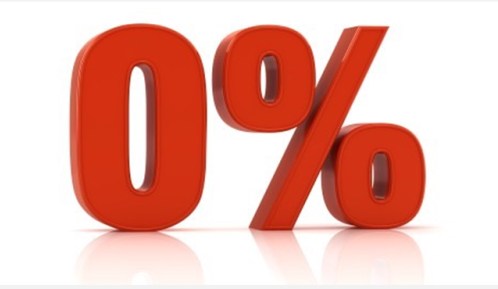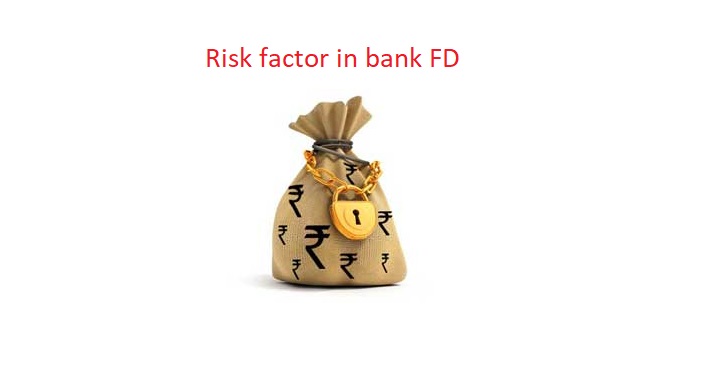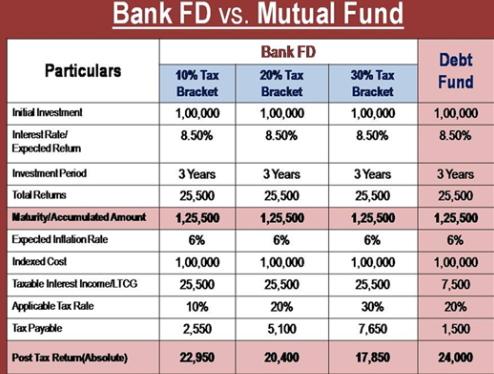
Debt Ceiling Looms as US Government Approaches Limit. What about Sensex then?
 Shruti Sharma -
Jun 07, 2023
Shruti Sharma -
Jun 07, 2023
The debt ceiling is a controversial issue. Some people believe that it is an important tool to prevent the government from running up too much debt. Others believe that it is a political tool that is used to obstruct the government's ability to function.
What is Debt Ceiling?
In the United States, the debt ceiling or debt limit is a legislative limit on the amount of national debt that can be incurred by the U.S. Treasury, thus limiting how much money the federal government may pay by borrowing more money, on the debt it already borrowed. The debt ceiling is an aggregate figure that applies to gross debt, which includes debt in the hands of the public and anti-government accounts.
The debt ceiling was created in 1917 as a way to prevent the government from running up too much debt. However, it has become a political tool, with one party often using it to try to force the other party to agree to their demands.
When the debt ceiling is reached, the Treasury Department must find other ways to pay expenses. This can include delaying payments, selling assets, or borrowing from other government accounts. If the Treasury Department is unable to find other ways to pay expenses, the government may default on its debt. A default would have a number of negative consequences, including a decline in the value of the dollar, a rise in interest rates, and a recession.
The debt ceiling has been raised or suspended several times in the past. In 2011, the debt ceiling was raised by $2.1 trillion in exchange for spending cuts and tax increases. In 2013, the debt ceiling was suspended for two years. And in 2019, the debt ceiling was raised by $2 trillion.
Why Debt Ceiling is in news again?
The debt ceiling is in the news again because the United States is approaching its current debt limit of $31.4 trillion. The debt ceiling is the maximum amount of money that the United States government is allowed to borrow. If the government reaches the debt ceiling, it will not be able to borrow any more money and will be forced to default on its debt. A default would have a number of negative consequences, including a decline in the value of the dollar, a rise in interest rates, and a recession.
Consequences of Default Crisis
A default crisis can have severe consequences for the US economy and the global financial system. It can undermine investor confidence, lead to higher borrowing costs for the government, and disrupt financial markets. The potential impact includes a downgrade of the US credit rating, a decrease in the value of the US dollar, increased borrowing costs for businesses and individuals, and a general economic slowdown.
Why India may be minimally affected from US default crisis?
The impact of a US default crisis on India would likely be minimal. India has a relatively small amount of debt denominated in US dollars, and its economy is not as closely integrated with the US economy as the economies of some other countries. As a result, India would not be as directly affected by a US default crisis as some other countries.
However, there are some potential indirect effects that India could experience. For example, a US default crisis could lead to a global recession, which would reduce demand for Indian goods and services. Additionally, a US default crisis could lead to a decline in the value of the US dollar, which could make it more expensive for India to import goods and services from the US.
Overall, the impact of a US default crisis on India would likely be minimal. However, there are some potential indirect effects that India could experience.
Here are some of the reasons why India is relatively unaffected from US default crisis:
- India has a strong domestic economy. India's economy is growing at a healthy pace and is not as dependent on exports as some other countries.
- India has a large domestic market. India has a population of over 1.3 billion people, which provides a large domestic market for Indian businesses.
- India has a diversified economy. India's economy is not as reliant on any one industry as some other countries.
- India has a strong financial system. India's financial system is relatively stable and well-regulated.
These factors make India less vulnerable to a US default crisis than some other countries. However, it is important to note that no country is immune to the effects of a global economic crisis. If the US were to default on its debt, it would likely have a negative impact on the global economy, and India would not be immune to these effects.
Start investing Now! Book one free guidance session & seek professional help.
Contact Us @ 7224051610 or write at info@investocafe.com
Know your risk profile at https://investocafe.com/
To get in touch please visit us at investocafe.com














